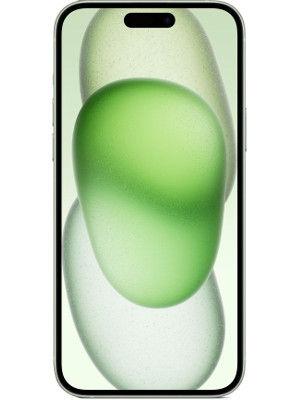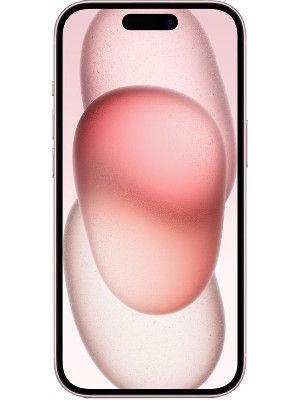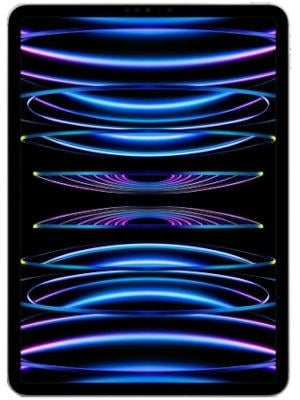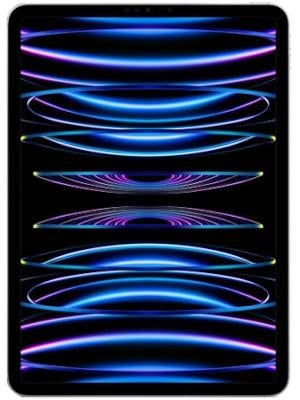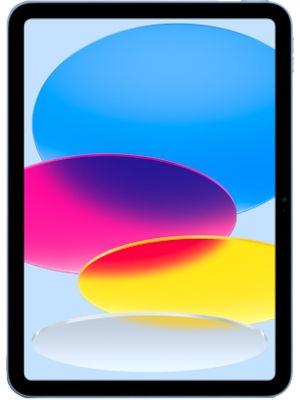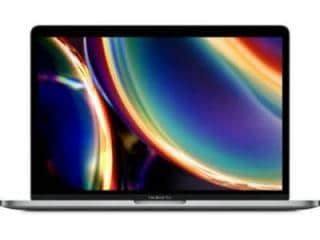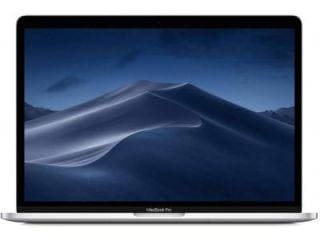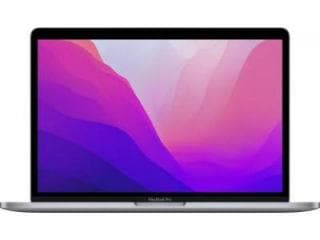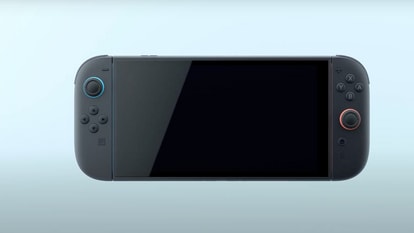Night Mode on phones more dangerous for your eyes, affects sleep pattern: Study
Phones like Apple and Google Pixel have warmer Night Mode which is supposed to be good for your eyes. Well, it isn’t. According to this study at least
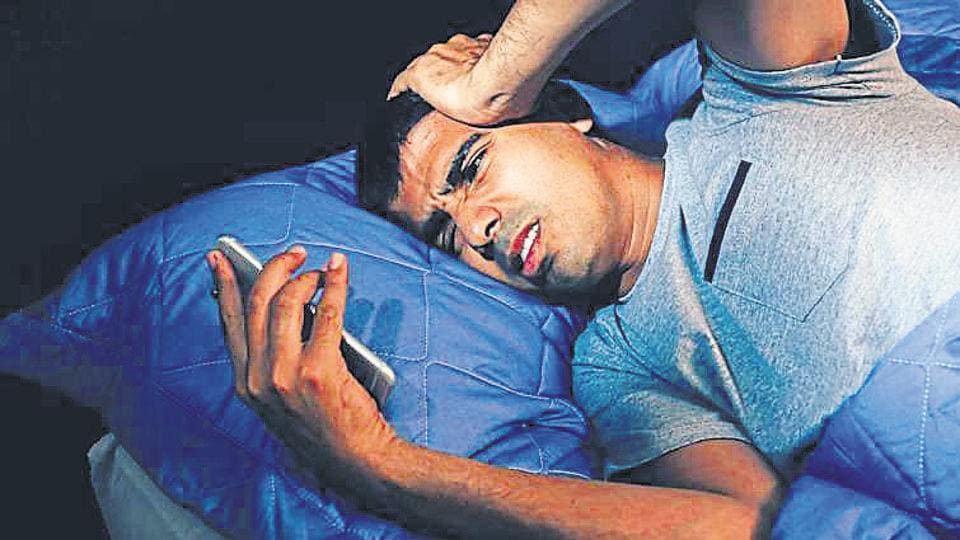
Smartphones have changed our lives in a way that has us glued to the screens for the primary part of our waking hours. Be it messages, chats, calls, social media or news, people these days are often found staring at their phone screens all the time. The same habit rolls over to the night as well and smartphone users spend hours on their phones at night as well.
To slightly help in the matter of the white/blue light affecting our vision and keeping us up at night longer than we need to, smartphone companies like Apple and Google came up with a Night Mode. This Night Mode lowers the screen brightness and gives the screen a yellow tint and this is supposed to be easier on the eyes making it easier for you to go to sleep.
While, the Night Mode, in theory seems to make sense. And for anyone who has used it on their iPhones and Pixels will know that it is lesser strain on the eyes, a study by the University of Manchester states otherwise.
According to the study, warmer yellow light filter that is used in the Night Mode is not better for sleep than the standard white light mode. Warmer colours are associated closely with daytime by the human body and the moment a smartphone user turns on the Night Mode of his/her smartphone and the yellow tint appears, it sends mixed signals to the human body as the colours on the screen are closer to those we see during day time.
What this does is that it keeps us awake longer since the body now thinks that it is day.
White and cooler colours are associated with the Night and are probably more beneficial for the afterhours. The study further elaborated that using dim, cooler lights in the evening and bright warmer lights during the day may be beneficial to health.
The study was performed on mice that showed the sleep pattern was affected more when bright yellow colours were used, like the ones we see used during Night Mode. When blue colours are emitted, sleep pattern gets less affected, the study concluded.
According to the research, the body clock uses a "specialised light sensitive protein" called melanopsin that is there in the eyes. The protein helps measure brightness and detects shorter wavelength photons.
The research was led by Tim Brown, who said, "We show the common view that blue light has the strongest effect on the clock is misguided. In fact, the blue colours that are associated with twilight have a weaker effect than the white or yellow light of equivalent brightness."
Brown further said that there is a lot of interest in altering the impact of light on the clock by adjusting the brightness signals detected by melanopsin but current approaches usually change the ratio of short and long-wavelength light. It provides a small difference in brightness at the expense of perceptible changes in colour.
Catch all the Latest Tech News, Mobile News, Laptop News, Gaming news, Wearables News , How To News, also keep up with us on Whatsapp channel,Twitter, Facebook, Google News, and Instagram. For our latest videos, subscribe to our YouTube channel.



